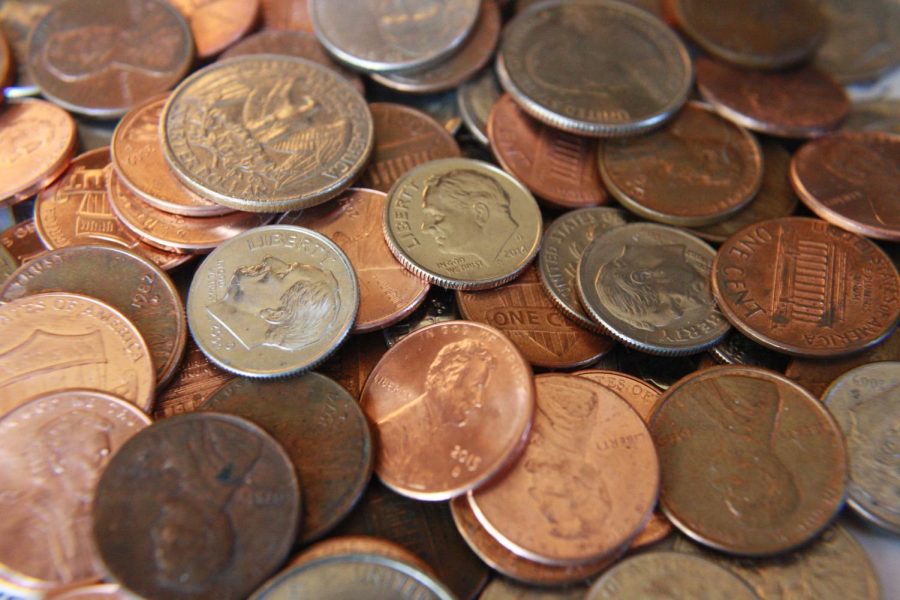Coins are necessary to the economy
During the Covid-19 Pandemic the number of cashless transactions skyrocketed. Many people felt unsafe using paper money or coins. This leaves the driving question of do we still need coins? The answer is yes, having only online transactions is not only unsafe it is unethical.
According to Jay Zagorsky from CNN, the cashless transactions depend on secure computers and robust communication networks, there is never a guarantee that your transaction is safe. Plus, they need impenetrable networks that cannot be compromised by hackers and criminals. If either of the elements are compromised and we do not have coins to fall back on, the American Financial System would fail.
The Philadelphia Mint produces each year about 15.5 billion coins are produced each year, 1.8 million are produced in an hour, and 32 million in a day. According to the BBC (British Broadcasting Corporation) just last year made 300 million dollars in producing those coins. If we suddenly stop producing them, think of all the people who will be out of jobs. That over 1,500 employees who would have to find other jobs.
Getting rid of coins is also problematic for the poor and those with bad credit. There are still large groups of people in the United States who are unbanked and don’t have easy access to credit or debit cards. The Federal Deposit Insurance Corporation, or FDIC, which insures the nation’s banks, periodically checks to see who doesn’t use banks. Its most recent survey showed more than one in four households (26.9%) are either unbanked or underbanked. By turning into a cashless society, we would further isolate this very important group, which comprises those who can least afford to be left out.
There is no clearer answer than to keep the coins that we have used for hundreds of years. Coins are necessary for the economy. Without coins companies would go out of business, and people would lose jobs. There’s an old saying that “If it isn’t broke don’t fix it.”


